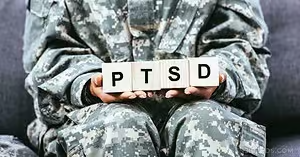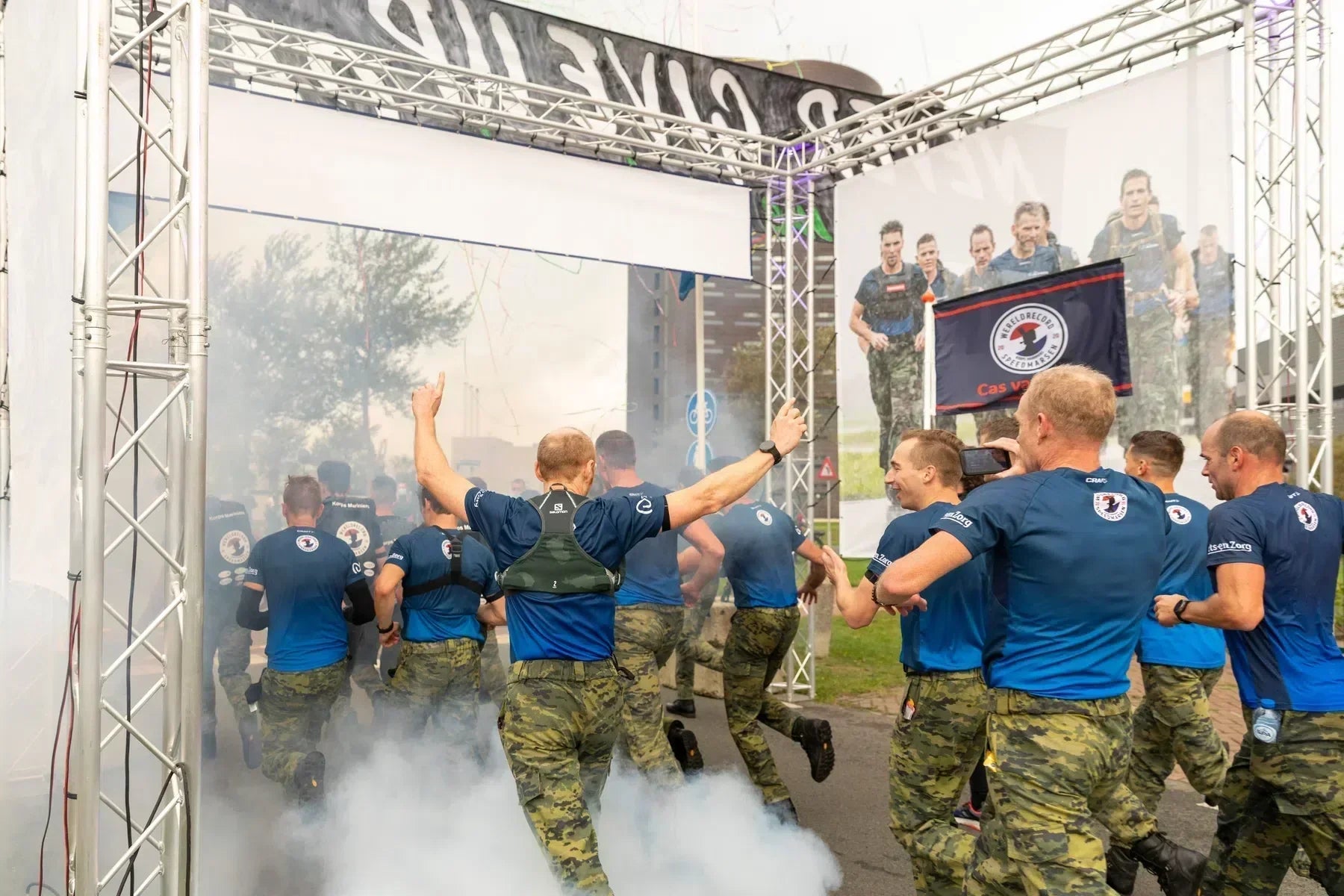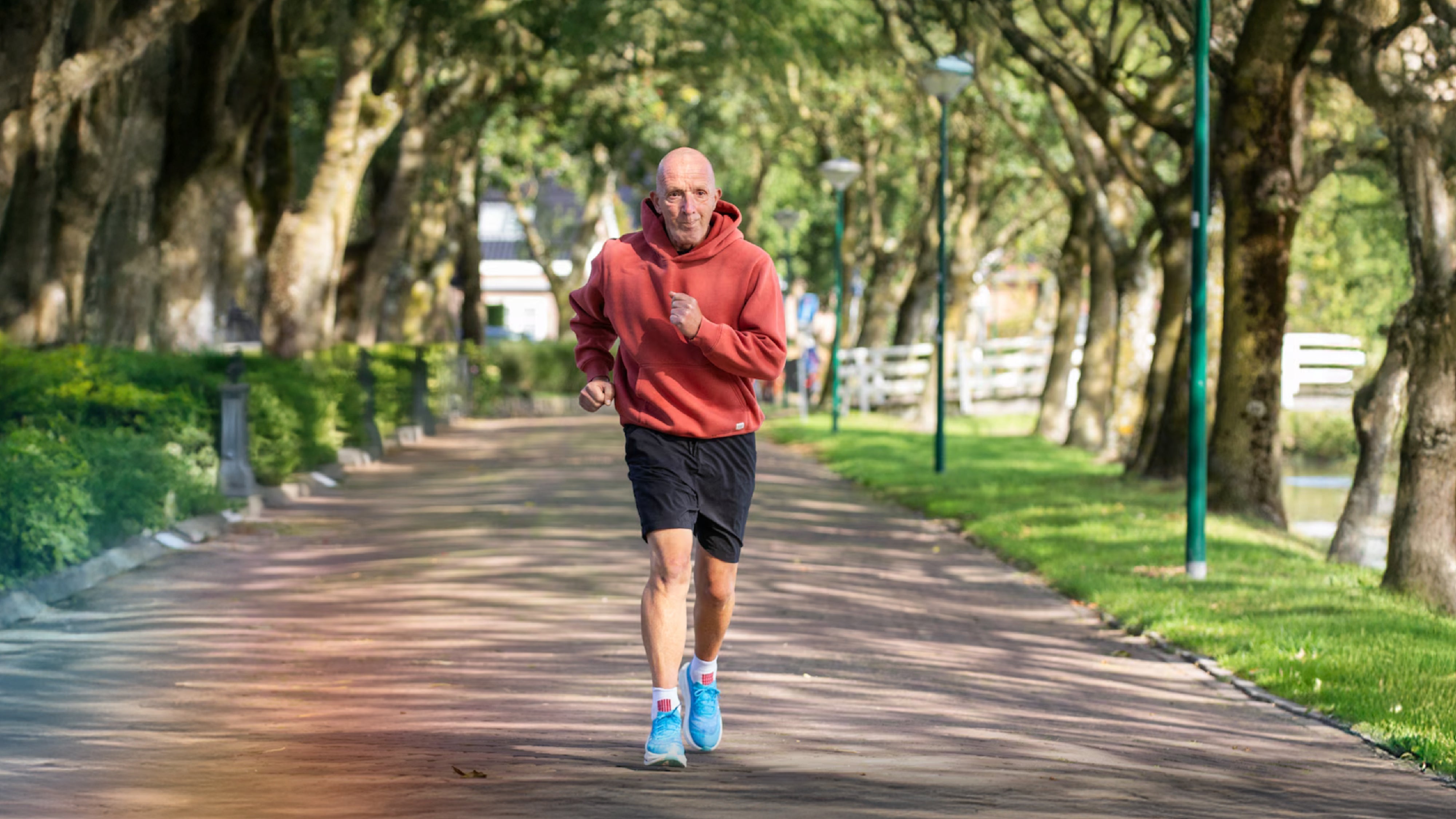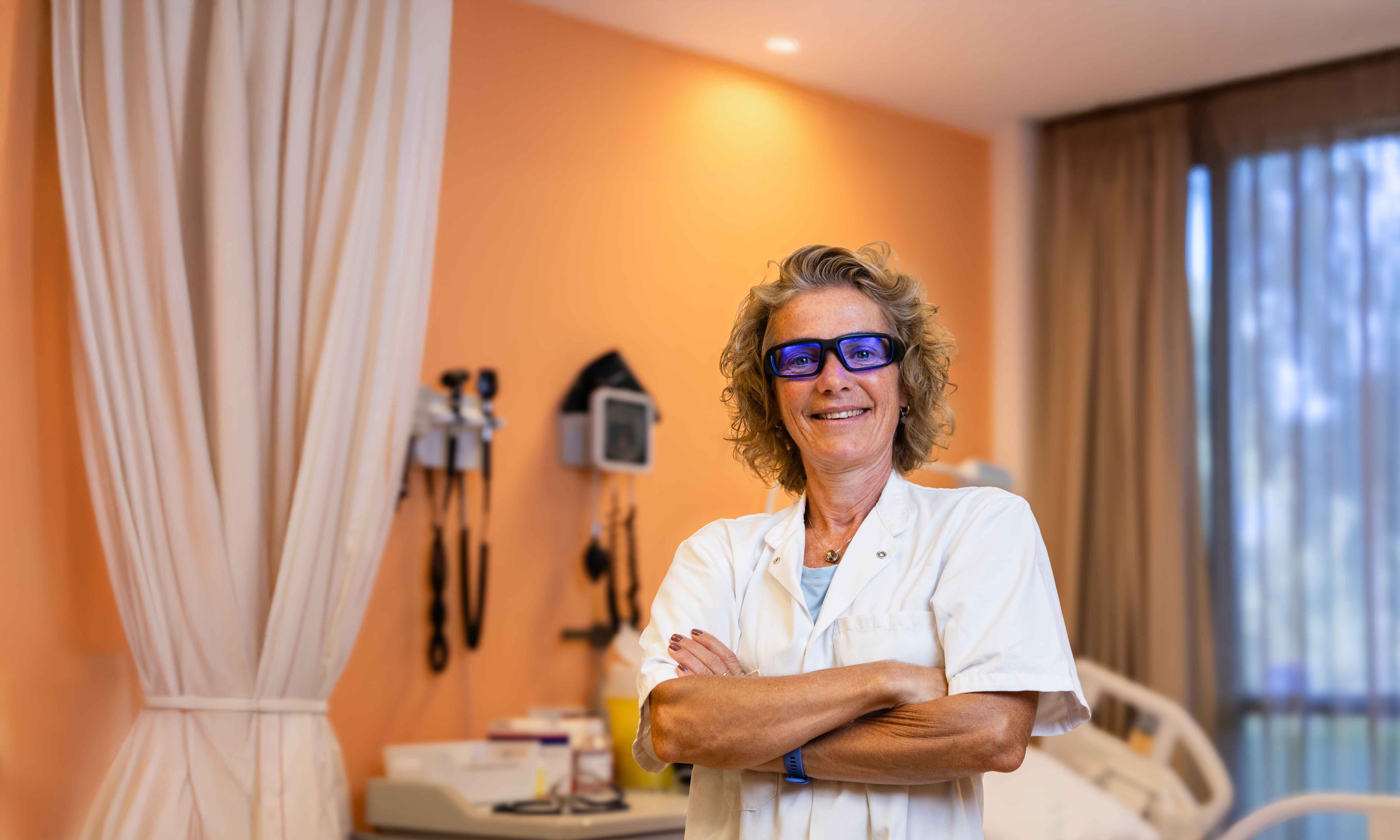
People with post-traumatic stress disorder (PTSD) experienced better sleep, a reduction in the severity of PTSD symptoms, and more effective treatments after exposure to blue light therapy, according to a new study conducted by researchers at the University of Arizona College of Medicine – Tucson's Department of Psychiatry and recently published in Frontiers in Behavioral Neuroscience.
Sleep is crucial for maintaining physical and mental health, and inadequate sleep over time can impact all aspects of life, with serious consequences for long-term health, relationships, cognitive abilities such as learning, and healing.
The impact of sleep disruption on the severity of PTSD symptoms is well known. Those seeking treatment to reduce their PTSD symptoms are often faced with a vicious cycle in which poor sleep interferes with the effectiveness of treatments, negating any reduction in symptoms, which in turn contributes to sleep disruption. In order to reduce and eliminate the emotional impact of traumatic memories, the patient needs good quality sleep to integrate healing mechanisms achieved through treatments involving cognitive or exposure therapy.
User-friendly method
“This research is exciting and unique because it points to a user-friendly method to help people with PTSD maintain the benefits of therapy long after treatment has ended,” said psychiatry professor William “Scott” Killgore, PhD, director of the Social, Cognitive and Affective Neuroscience (SCAN) Lab and senior author of the paper: “Morning blue light treatment improves sleep complaints, symptom severity, and preservation of fear extinction memory in posttraumatic stress disorder.”
Dr. Killgore and the SCAN Lab team conducted a comprehensive assessment of daily morning exposure to blue wavelength light in individuals with clinically significant levels of PTSD. The goal was to determine whether blue light therapy would help improve sleep and PTSD symptoms and support learned fear extinction memories, an analog of therapeutic treatment for trauma.
30 minutes of blue wavelength light every morning

Study participants committed to 30 minutes of morning light exposure for six weeks, with half of the participants using blue wavelength light and the other half using amber light. Researchers examined neurobiological, autonomic, and behavioral changes during the study.
The 43 participants who received blue light therapy not only showed significant improvements in the severity of their PTSD symptoms, but also reported improvements in sleep and showed increased retention of fear extinction memories. In comparison, the 39 study participants who received amber light did not show the same retention of extinction memories, but rather showed a return of the original fear memories.
Effective, simple and without drugs
“While the limitations of the study include the modest sample size and the difficulties in monitoring adherence, the potential for using a treatment that is relatively simple, drug-free and inexpensive may offer hope for the large population of people living with the intense challenges of post-traumatic stress disorder,” said Dr. Killgore.
“The data are exciting,” said Jordan Karp, MD, professor and chair of the College of Medicine – Tucson's Department of Psychiatry. “This nonpharmacological intervention is a promising life-changing and life-saving option for people suffering from PTSD.”
Funding: This study was supported by the US Army Medical Research and Development Command (W81XWH-14-0570).
SOURCE: Frontiers
We can support you in the correct use of the Propeaq light glasses to improve your sleep.





Delen: